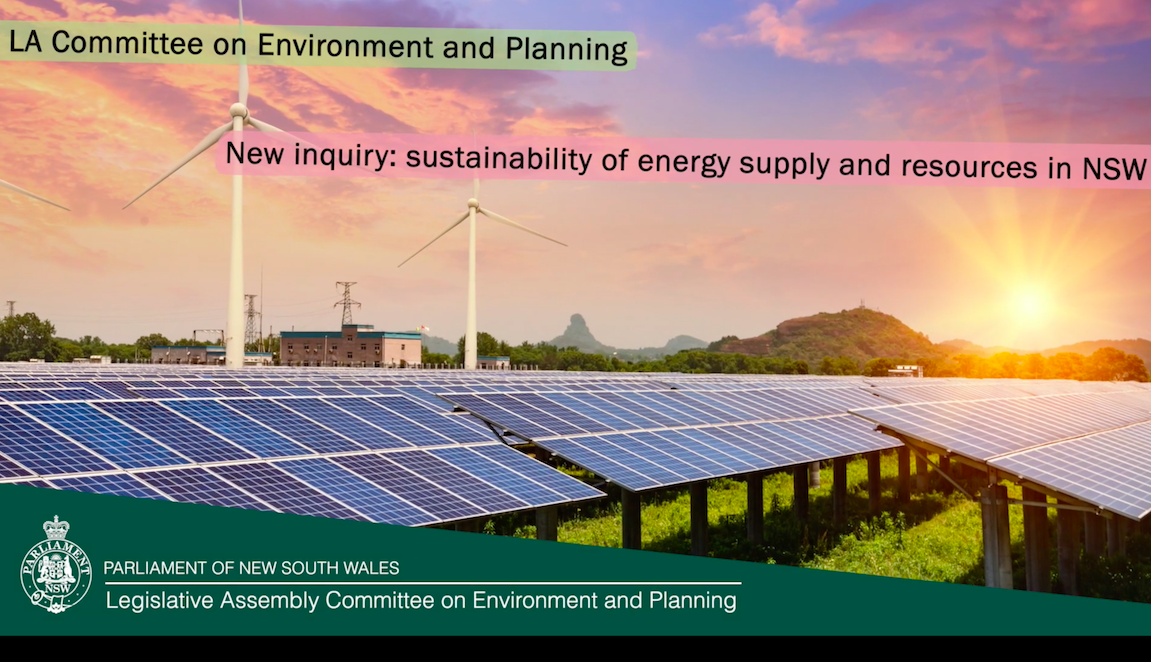The inquiry, chaired by Independent Member for Sydney Alex Greenwich (MP), will investigate economic opportunities in the renewable energy sector, whilst also keeping an eye out for how NSW can best support regional communities in the energy transition.
“Planning for NSW’s energy future is critical”, said Greenwich. “We must take a holistic approach to energy. This including supporting the regions to adapt and thrive as more sustainable economies for the long term.”
The inquiry will seek to understand and consider current and future trends in energy supply and exports. Australian states and territories could potentially export energy in a post-carbon economy, as proposed by plans such as the potential 10 GW Sun Cable solar project in the Northern Territory that could power both Darwin and Singapore. It will be interesting to see if more states follow NSW into launching inquiries into their own potential renewable energy export opportunities.
However, first and foremost, the inquiry is interested in transitioning NSW’s own power supply to renewables with the most minimal impact on the communities most at risk to the pains of change. “An important part of transitioning to renewable energy sources is minimising the disruption in affected communities,” said Greenwich, “This involves understanding energy market forecasts in NSW and building economic resilience.”
Aside from impacted communities, NSW is undeniably trailing some other states in the transition towards renewables. Figures from Green Energy Markets released last month point to the state needing to increase renewable deployment to 46% of total electricity consumption by 2030 to meet its goal, notably not a legislated target, of zero net emissions from its power sector by 2050. By contrast, on its current trajectory NSW is only on track to achieve 28% by 2030.
The NSW Parliament is looking for investment opportunities that transition to the future with providing a helping hand to the past. This means supporting sustainable development projects in regional and other communities affected by the decline of fossil fuels. “We have to look at opportunities for communities and invest in retraining and job creation,” said Greenwich.
Submissions to the inquiryfor the state’s energy transition are open until 15 September 2019.
This content is protected by copyright and may not be reused. If you want to cooperate with us and would like to reuse some of our content, please contact: editors@pv-magazine.com.









By submitting this form you agree to pv magazine using your data for the purposes of publishing your comment.
Your personal data will only be disclosed or otherwise transmitted to third parties for the purposes of spam filtering or if this is necessary for technical maintenance of the website. Any other transfer to third parties will not take place unless this is justified on the basis of applicable data protection regulations or if pv magazine is legally obliged to do so.
You may revoke this consent at any time with effect for the future, in which case your personal data will be deleted immediately. Otherwise, your data will be deleted if pv magazine has processed your request or the purpose of data storage is fulfilled.
Further information on data privacy can be found in our Data Protection Policy.